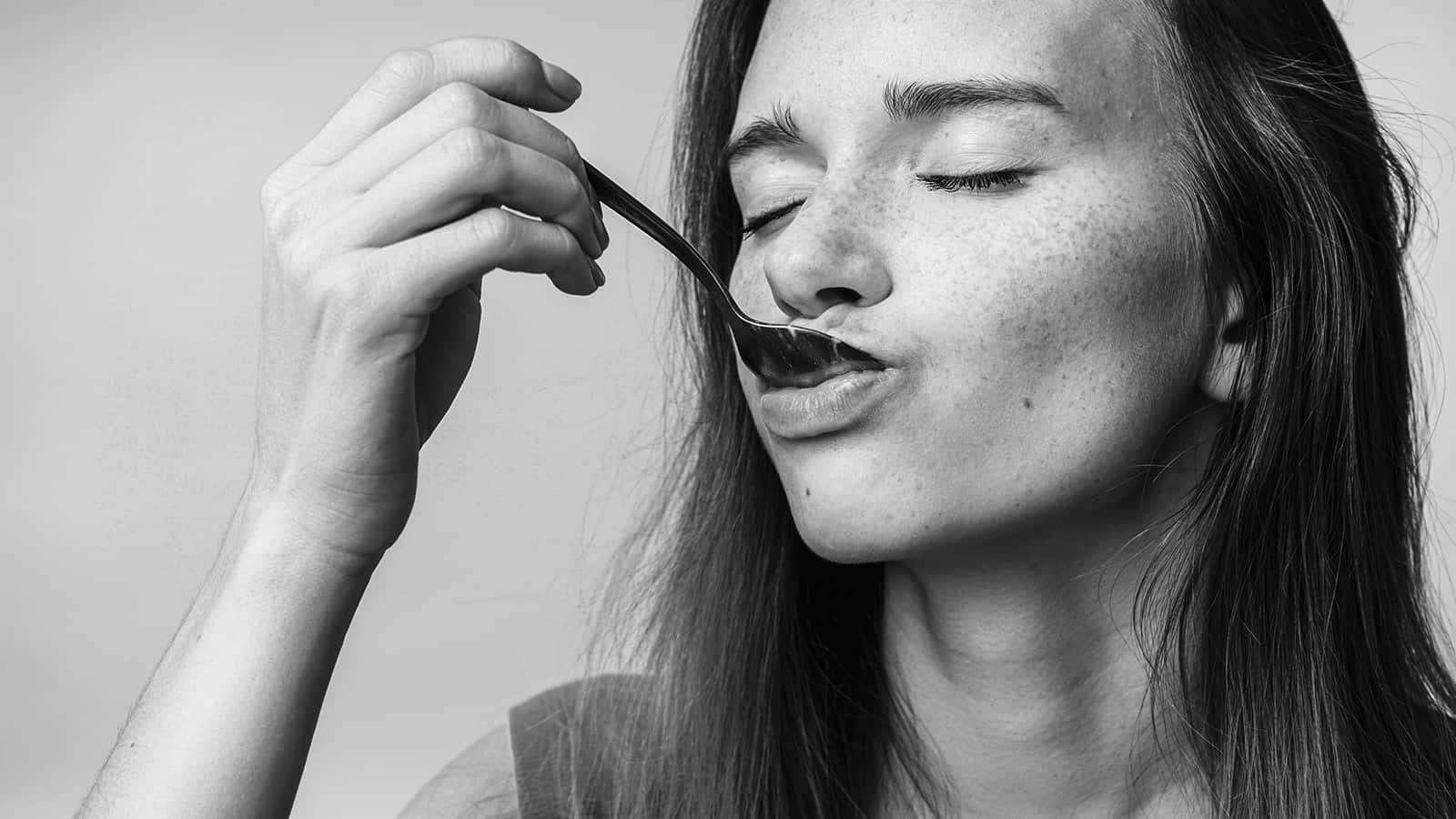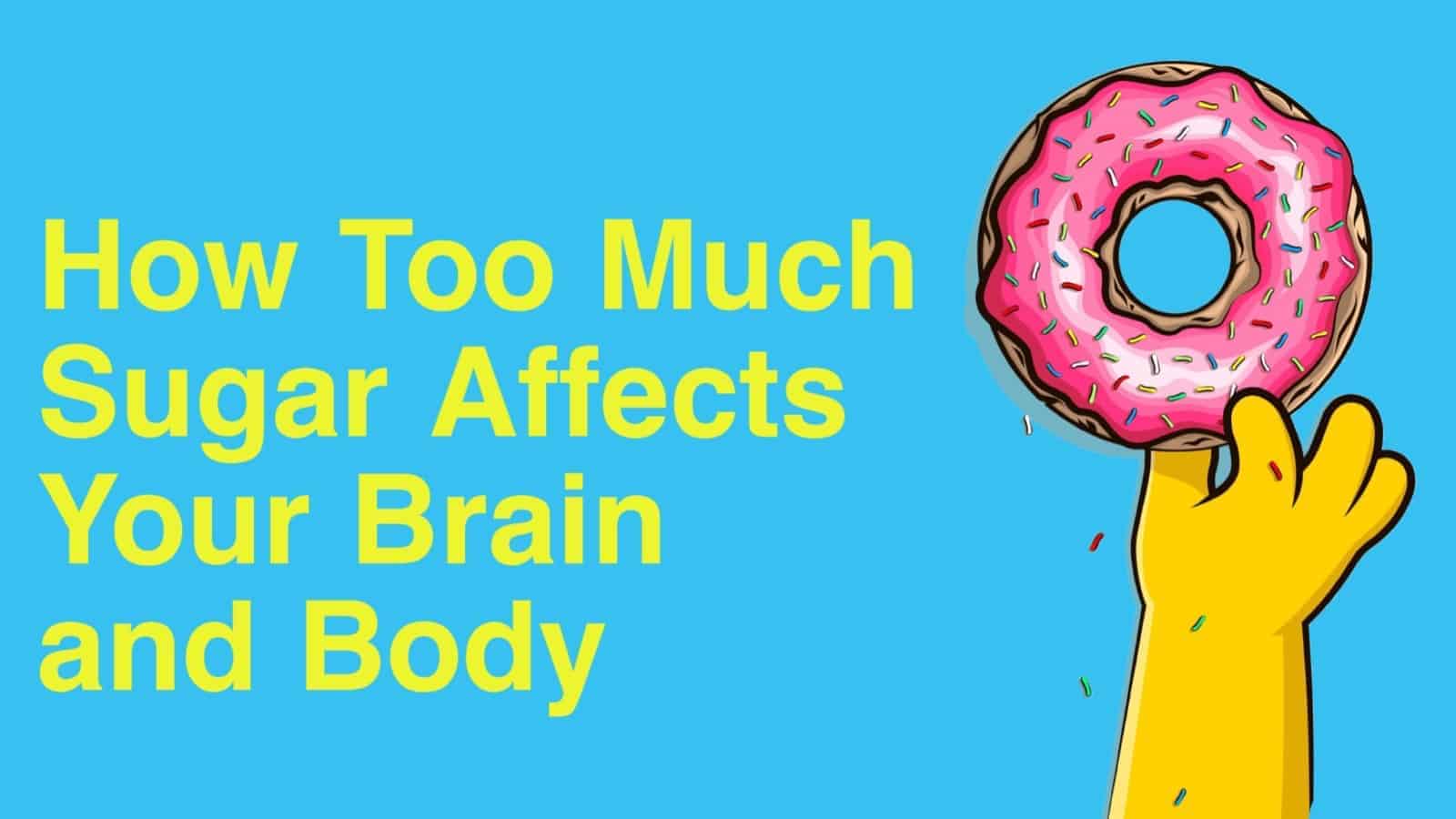The “Standard American Diet” and Anxiety
Americans don’t have the best reputation when it comes to eating healthy. Some of this bashing is deserved, and some is fictitious and overblown. (For example, we’re not the “fattest” country in the world. We’re not even in the Top 20, as a matter of fact.)
But Americans are perhaps the most fervent consumers of sugar in the world. And this habit may be at least partially to blame for spiking stress and anxiety numbers.
Like drugs, sugar provides the brain with a hit of the feel-good chemical dopamine. Also like drugs, sugar is incredibly addictive and, over time, changes the way that the brain functions.
One way that the brain changes is that it appears to impair the body’s ability to cope with stress. Our stress response, of course, originates in the brain – and this response negatively impacts our whole being. Per Harvard Health:
“Over time, repeated activation of the stress response takes a toll on the body. Research suggests that chronic stress contributes to high blood pressure, promotes the formation of artery-clogging deposits, and causes brain changes that may contribute to anxiety, depression, and addiction.”
In other words, sugar may not be the cause of anxiety; but the substance’s effect on the body-brain dynamic may just ultra-sensitize our innate stress response.
Most of us know that eating too much dessert and processed food causes health problems like obesity and diabetes. Less attention has been paid to the mental health problems attributable to a high-sugar diet.
Various studies have demonstrated the adverse impact that refined sugar has on things like learning, memory, and mood. Aside from ballooning the human waistline, sugar and its companion high fructose corn syrup have contributed to a myriad of mental health problems.
One such mental health problem is anxiety – and the problem is massive in scope. Consider the following:
– Anxiety disorders are the most common mental illness in the United States.
– Anxiety disorders affect over 40 million American adults every year.
– Just 37 percent of people with diagnosable anxiety disorders seek and receive appropriate treatment.
Now, here are some sugar factoids for you:
– The average American consumes approximately 66 pounds of sugar per year…
– U.S. adults consume more than 2-3 times the maximum recommended daily intake (RDI) of added sugars.
– According to research, sugar produces characteristics of cravings and withdrawal that are similar to individuals addicted to drugs like cocaine.
Sugar and the Brain
Our brain is packed with nerve cells, or neurons, that send millions and millions of chemical messages every day. This nonstop neural activity requires fuel – and the brain relies on sugar energy for that fuel.
According to the Department of Neurobiology at Harvard University Medical School (HMS), “Brain functions such as thinking, memory, and learning are closely linked to glucose levels and how efficiently the brain uses this fuel source.”
Vera Novak, MD, Ph.D., an associate professor of medicine at an HMS-affiliated hospital, says, “The brain is dependent on sugar as its main fuel. It cannot be without it.”
The problem – and it’s a big one – is that we’re over-consuming the wrong type of sugar. Instead of opting for natural sugars, such as those found in fresh fruits, for example, we’re reaching for a Snickers bar, a pint of ice cream, or an energy drink.
It doesn’t help that upwards of 61 percent of the foods bought in America contain unnatural, processed sugars.
“If you are otherwise healthy and cut back on processed sugar, you may feel your anxiety improving slowly because you may experience fewer ups and downs caused by the excess sugar.” ~ Uma Naidoo, M.D., Harvard Medical School
The Answer: Natural Sugar
In many parts of Asia, including China and Japan, fruit is considered a legit dessert. Strawberries, bananas, apples and other fruits are often sliced and enjoyed as an after-meal treat. On the other hand, give the average Chinese or Japanese person a Pop Tart, and they’ll probably ask for the nearest garbage bin.
Their tastes are completely different. The sugary stuff that’s so readily available in vending machines across the U.S. isn’t nearly as prevalent, so they eat nature’s version of sugar – fruit.
The chemical composition of natural sugar is drastically different from that of the processed variety. In addition to consuming fructose in its natural state, fruits like strawberries, bananas, and pears provide plenty of fiber and lots of vitamins and minerals.
Whole fruits are classified as “good carbs” – and are the healthy choice to supply the brain’s energy. Per Livestrong, here are the richest sources of natural glucose, in order from greatest to least:
– Dried fruits: raisins, prunes, dried apricots, dried figs, etc.
– Fresh fruits: kiwi, plums, papaya, honeydew, tangerines, strawberries, etc.
– Natural honey
– Grains, beans, vegetables, nuts
It isn’t necessary to eliminate all added sugar from your diet; moderation is entirely possible. Given the evidence, however, elimination or minimal intake of sugary stuff may just be one of the best things for our mental health. Just as important is to make a habit of eating fresh, whole fruits.
https://youtu.be/7BNGVmwxoHI


















